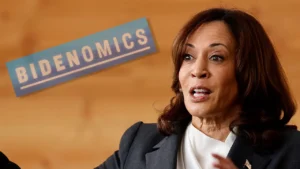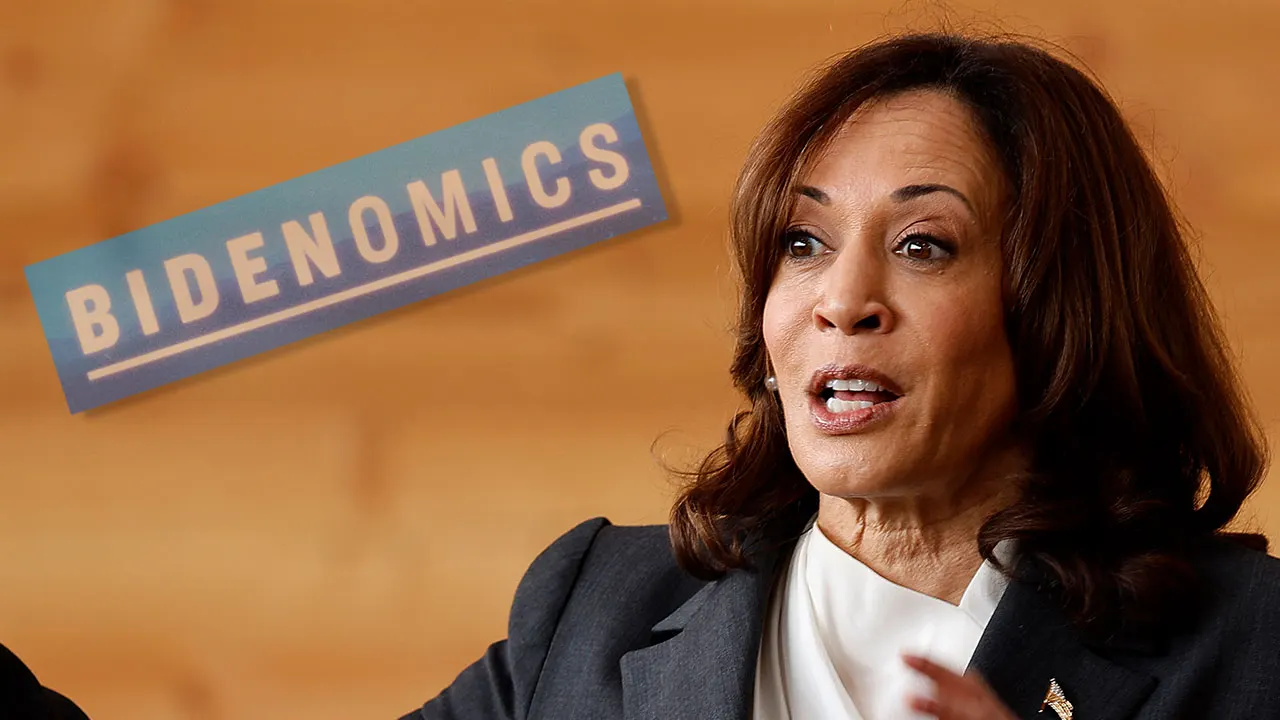
We very recently noted that government fails to grasp some very rudimentary things.
Like: Stuff costs money.
Like: Price controls are exceedingly stupid.
The way a functioning economy works is: People provide goods and services – and trade them for money.
Production of goods – and provision of services – costs the producers and providers money. The idea is: To sell them for more than they cost you. In order to continue your existence – and make it worth your while.
Except the federal government remains steadfastly impervious to these realities.The federal government spent the last three-plus years mass-printing money. Which – shocker – created massive inflation.
We’re now in Phase II of that stupidity: The Feds blame the private sector – for what they just did to it.
The Feds inflate the currency – then blame the private sector for increasing prices to reflect the inflated currency.
And then come the idiotic government price controls. Which ignore glaringly obvious facts like: Stuff costs money.
Vice President Kamala Harris – Madame Inflation herself – is running for a promotion. By, in part, screeching at grocery stores about “price gouging.”
Food prices have increased by 20% on her watch – because money was mass-inflated on her watch.
Oh: And grocery stores have a profit margin of between 1% and 3%. So Harris picked perhaps the worst of all bogus boogyman to disingenuously attack.
But wait – it gets dumber: “Vice President Kamala Harris said she has a solution: a federal ban on price gouging across the food industry.”
Except an industry with 1%-3% profits? Will no longer exist – with ANY price controls imposed. Because duh.
But who needs food, really?
This price control idiocy – is not just for Harris campaign purposes. It is already rampant in the Joe Biden-Kamala Harris mis-Administration.
The exceedingly awful Federal Communications Commission (FCC) – is looking at imposing price controls on the Internet.
And then there’s the exceedingly awful Federal Reserve. Which is now looking at imposing price controls on debit card fee rates.
Except: Stuff costs money. If The Fed imposes mandated caps on debit card prices? Banks will have to either increase the prices of other services – or lose money.
And that’s even more terrible news for small banks. Because small banks can’t afford over-regulation the way Big Banks can.
The exceedingly awful 2010 Dodd-Frank bank law has thoroughly demonstrated that.
Dodd-Frank has spent the last decade-plus mass-over-regulating the banking sector. And in the process – murdering thousands of small banks.
Which has been great for the Big Banks. Their small bank competitors die – and they buy up the carcasses for pennies on the inflated dollar.
But thousands of small banks dying – is awful for average Americans. Less banking options – means less banking opportunities.
As their competitors ate murdered, the Big Banks can afford to be more and more choosy about with whom they do business. And average Americans – are the first ones thrown overboard.
The Fed’s debit card price control imposition – would be the latest step in a long government march to de-banking average Americans.
The Fed claims its alleged authority to impose its price controls – is derived from Dodd-Frank.
Except Dodd-Frank doesn’t expressly empower the Fed to impose its price controls. And in our post-“Chevron” world? The government’s power must be expressly granted by law – not simply grabbed at will by government.
What’s Chevron? Glad you asked.
“Chevron” refers to an exceedingly awful 1984 Supreme Court ruling – Chevron v Natural Resources Defense Council.
Which bizarrely gave the federal government’s millions of unelected bureaucrats the ability to set their own power limits – totally unconstrained by actual law.
Shocker – no bureacrat ever found any limit to his/her power.
This past June, the Court reversed its 40-year-old idiotic ruling – and restored some semblance of law to our order.
Which means the law has to expressly empower the bureaucracy – for the bureaucracy to wield the power.
The Fed has cited Dodd-Frank as the font for its debit card price control authority. Except Dodd-Frank grants no such authority. So The Fed does not have the authority.
Which is a good thing – for at least two reasons.
It should constrain The Fed. And constrained bureaucracies are always a good thing.
And it should constrain The Fed – from imposing really stupid price controls.
And not imposing price controls – is always a good thing.
Editor’s Note: This first appeared in The Economic Standard.

